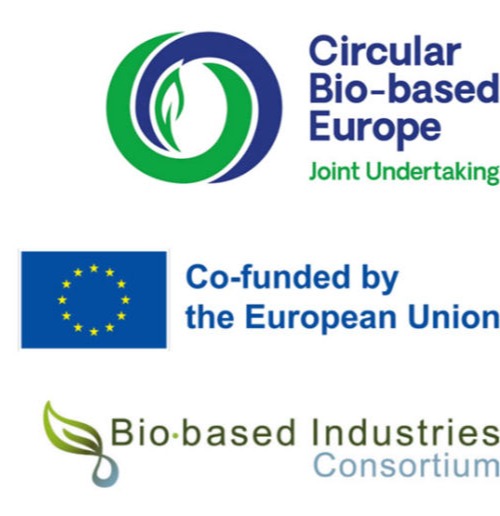What are cookies?
Cookies are small text files that are downloaded to the User's device (PC, smartphone, tablet...) when they visit a website. At each subsequent visit, the cookies are sent back to the website that originated them (first-party cookies) or to another site that recognizes them (third-party cookies). Cookies allow a website to recognize a User's device. They have various purposes such as, for example, allowing you to navigate efficiently between pages, remembering your favorite sites and, in general, improving the browsing experience. They also help to ensure that the advertising content displayed online is more targeted to the user and in line with his interests (targeting cookies or profiling cookies). Cookies may have a limited duration of a single browsing session and, in this case, they are automatically deactivated when the browser is closed; or they may have a predetermined expiry, and in this case they will remain stored and active on the user's device until that expiry, continuing to collect information during different browsing sessions on the browser. There are also other information collection technologies with similar purposes to those of cookies and stored on the user's device (such as pixels). In this information the term cookie is used with reference to cookies, as described above, and with reference to any other collection technology, with the aim of providing the User with a guide to understand what cookies and other similar technologies are, such as and why they are used, what rights are recognized to Users and what choices they can make regarding their use.

